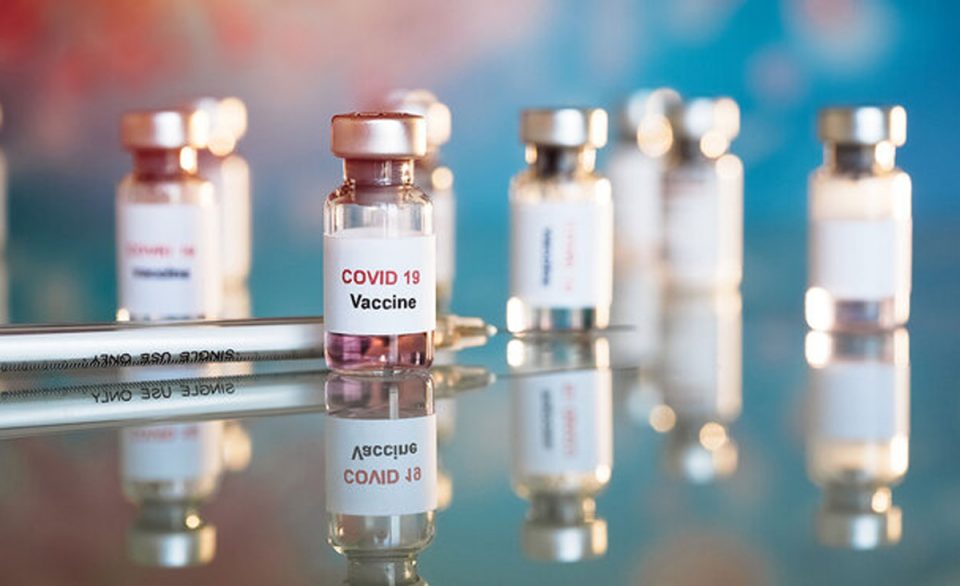As the global economy continue to suffer the impact of the COVID-19 pandemic, Nigeria’s economic growth will be determined by developments around Covid-19 infections and vaccination rates, analysts at United Capital Limited have said.
As at June this year, Nigeria received 3.9m of the 16.0m doses of the Oxford/AstraZeneca COVID-19 vaccine pledged by the COVAX facility.
In addition, Nigeria also received 100,000 doses from the government of India, bringing total vaccine doses received to 4.0m doses according to the National Primary Health Care Development Agency (NPHCDA). So far, according to NPHCDA, as of June 29, Nigeria has administered 3.4m doses in two rounds of vaccination, of which 2.2m people have received the first dose while 1.2m have received a second dose (0.6% of total population).
In their economic outlook for the second half of 2021, the analysts said the success of the federal government’s external debt issuance plans will be critical for the government’s ability to finance its budgetary obligations, stronger foreign reserves and consequently, the exchange rate.
According to the analysts, “The subsidy program, which is expected to last till October 2021 is also key to watch as the rising cost of subsidies (estimated at over N100.0bn/month) continue to weigh on federal government’s finances. Furthermore, the Monetary Policy Committee (MPC) will be meeting three times before the end of H2-2021. The committee’s decision on the monetary policy rate at these meetings would be a key factor to watch in the second half of the year.”
They predicted that Nigeria’s gross domestic will hit 3.1 per cent as against their initial forecast of 2.1 per cent with rapid economic growth of 7.4 per centyear-on-year (y/y) and 4.4 per cent y/y in Q2-2021 and Q3-2021.
“The upward adjustment to our GDP forecast reflects the faster than expected recovery in economic activities, as well as the low base impact of 2020. Despite continued inflationary pressures, we expect the high base effect of H2-2020 to create an inflection point for consumer prices, causing the headline rate to continue trending downward.
“Lastly, we expect to see sustained stability in the foreign exchange market as oil prices are expected to remain strong while the upcoming Eurobond issuance is expected to support external reserves.
“Certainly, downside risks abound, mostly tied to the key factors highlighted above, but also due to the rising insecurity bedeviling the country. We express concerns that failure to stem the recent tide of instability could lead to a country-wide breakdown, disruption of economic activities, destruction of oil installations and weakened investor sentiments. Thus, government’s action or inaction regarding the security situation would be a critical factor to watch,” they stated.
On the financial markets, they said the yield environment reversed higher in H1-2021, setting the tone for financial market performance.
They added, “Stop rates at primary market auctions in H1-2021 rose sharply through the auctions due to investors’ demand for higher rates and federal government’s huge fiscal deficit financing needs amidst tight liquidity in the financial system before moderating following strong investor demand for bills amidst limited offering by the apex bank. At the bond markets, the narrative was similar as average yield across the yield curve climbed 617bps year-to-date (YTD) to 11.3 per cent as at Jun-2021, from 5.1 per cent at the end of 2020.
“Consequently, Nigerian sovereign bonds underperformed peers in emerging markets, as the S&P/FMDQ Nigeria Sovereign Bond index has lost 21.1 per cent YTD, compared to a YTD loss of 2.9 per cent on the JP Morgan EM Government Bond index.”
The analysts noted that the Nigerian stock market, which kicked off the year with some of the bullish momenta from 2020, gaining 5.3 per cent in Jan-2021, subsequently reversed as various drags, particularly the yield reversal, weighed on sentiments.
Accordingly, the equity market has slumped 5.9 per cent YTD, closing at 37,907.28 index points at the end of H1-2021. Although q/q, the NSE ASI shed 8.7 per cent in Q1-2021, the bleeding has eased somewhat in Q2-2021 as the market has gained 2.8 per cent in 2021.
“We expect to see periods of oscillation in the yield environment, albeit with an overall downward bias. Our expectation is built on three key factors; improved system liquidity via instrument maturities, deployment of financial repressive tactics by sovereign debt managers and status quo stance on monetary policy. That said, despite our expectation of a moderation in fixed income yields, we do not see a rate crash similar to that of 2020.
“For equities, our prognosis for the Nigerian stock market in 2021 is a lukewarm, sideways movement in the equities market with a bearish bias. We do not expect to see any major negative drag on the equities market in H2-2021.
“However, we do not see a positive catalyst in the near term. On a balance of factors, we expect developments in the yield environment to outweigh other possible market triggers,” they added.




